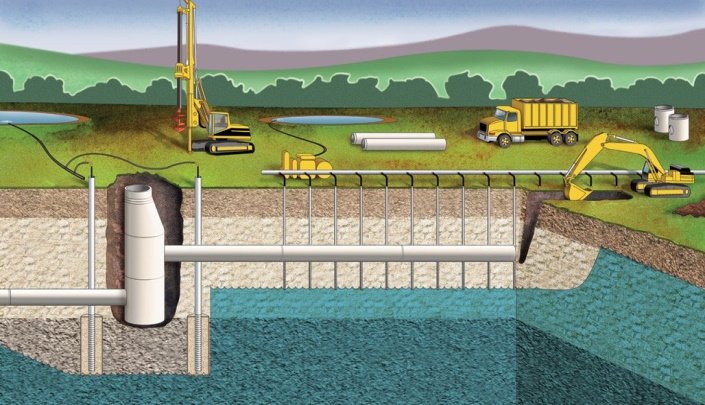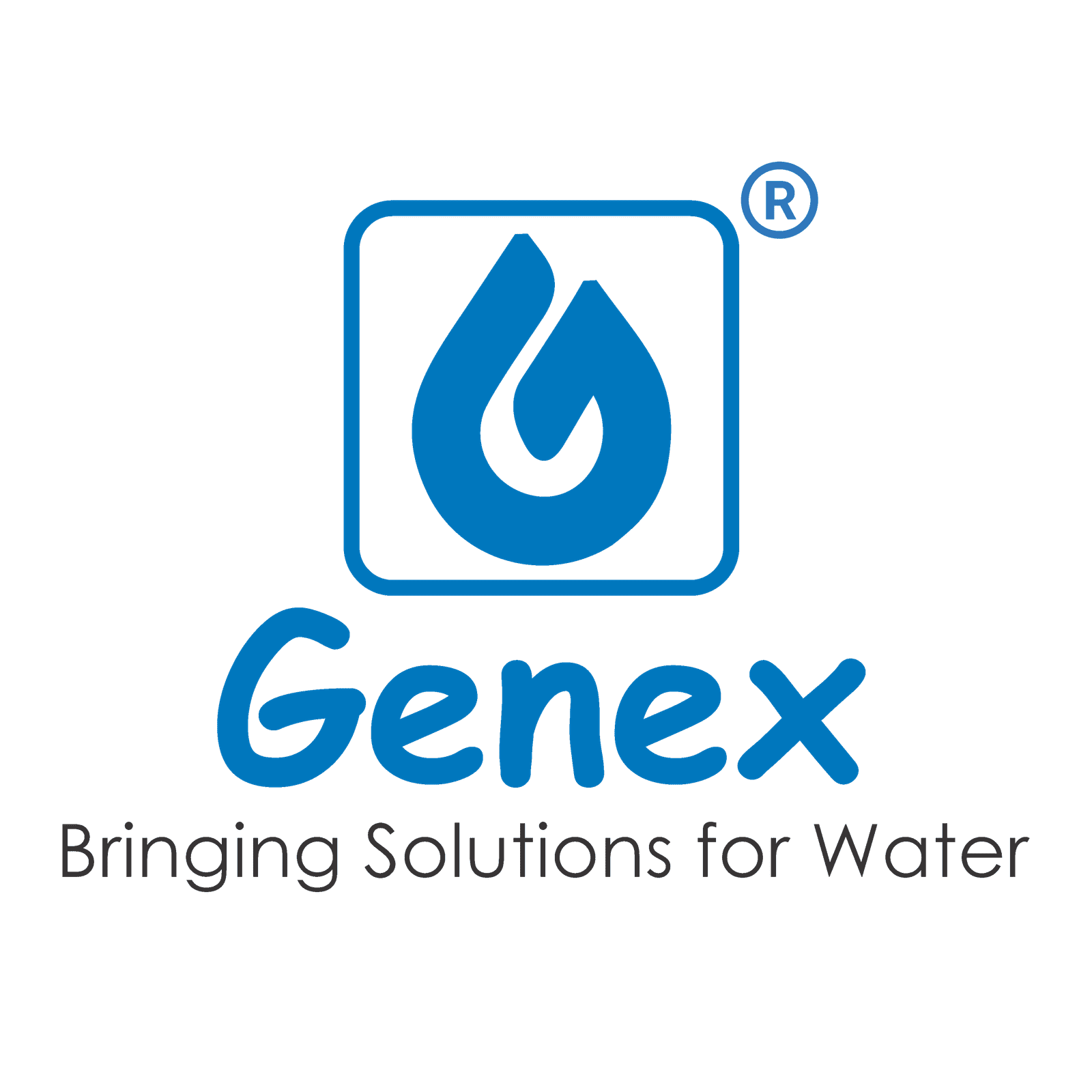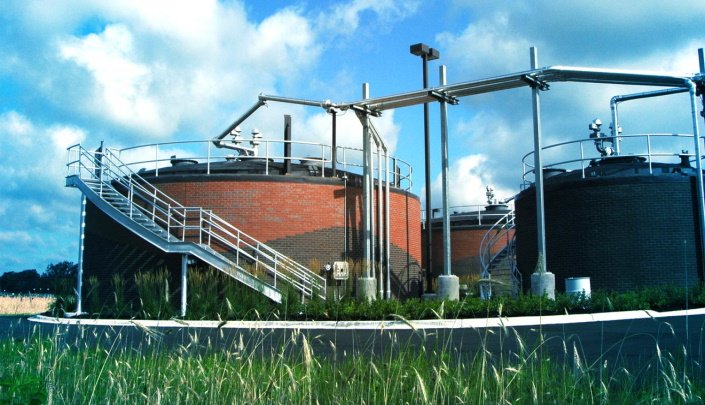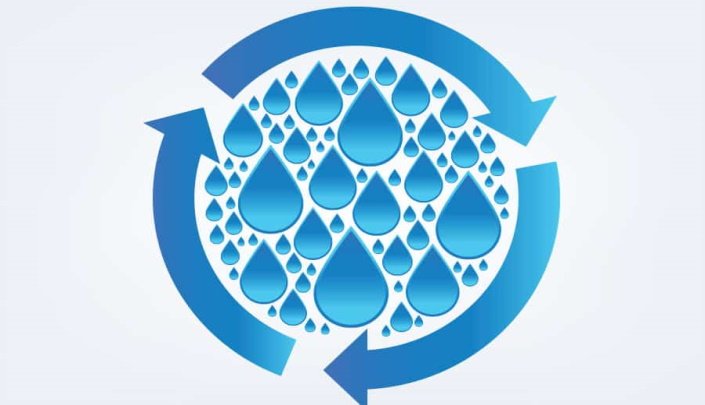

Industrial wastewater treatment results in an unwelcomed, yet unavoidable by-product—sludge. The methods facilities employ to handle and dispose of sludge has a material impact on operating expenses as excess water in solids directly influences haul-off costs. It’s difficult to eliminate as much water from the waste as possible, since more water raises bigger disposal expenses. This became apparent to a Bangalore -based whipped cream manufacturer we collaborated with in 2017 to refine its wastewater operations. By implementing our dewatering techniques, Genex Utility saved this company Rs 207,000 in solid waste disposal costs in just six months.
There are numerous ways to dewater sludge, each with its own benefits. Two of the more popular methods consist of a vacuum system and a filter press. It’s a general, but an unproven belief, that a vacuum filter supports a more automatic procedure. This is false. A vacuum system targets lower solids, and results in more water in the sludge, leading to an increased haul-off costs. It’s also an expensive system to operate, with pre-coat expenses. The maintenance of vacuum seals and the system’s many moving components add to expenses.
Dewatering by way of filter press directs higher solids and yields less water in the waste for reducing haul-off expenditure. A filter system also has reduced operational expenses and helps automatic stage fill sections. Filter press dewatering brings about great value to facilities and reduces the volume of materials bounded for the landfill, turning it a very eco-friendly option.
The Genex Utility derives a process which reacts to the variable features of the precipitate and rapidly fills the press by combining feed pressure, feed flow rate, and feed volume. The system persistently adapts to feed pressure to balance the foremost feed volume. The press fills unwaveringly and offers optimal dewatering by preventing premature plate surface blinding that causes soft cakes. The method derived by us results in the great filter cake solids possible, produced in the shortest period of time.
We believe in producing unified wastewater systems that are simple and successful. Our comprehensive approach to wastewater treatment includes design, install, service, offering the right chemicals, and uplifting chemistry dosage. Clients, like this milk cream producer, have noticed a reduction in chemical and operational expenses after applying our solutions.
Industrial facilities have many affordable options when it comes to dewatering sludge. An extractor, belt press, geo-textile, and rotary vacuum are all techniques that can be utilized. The goal of each is to separate sludge into liquids and solids, eliminating as much water from the by-product as possible to reduce disposal costs. The genex utility Press Manager demonstrates to be the best technique for reducing expenses by maximizing wastewater sludge reduction and management. To learn more about our dewatering methods, contact a Genex Utility professional today.















